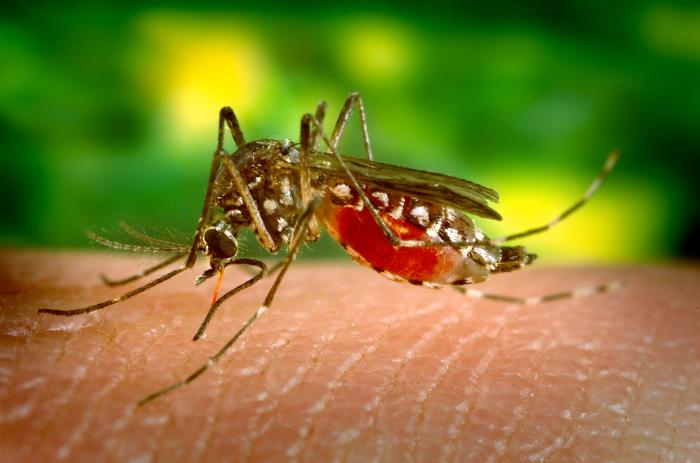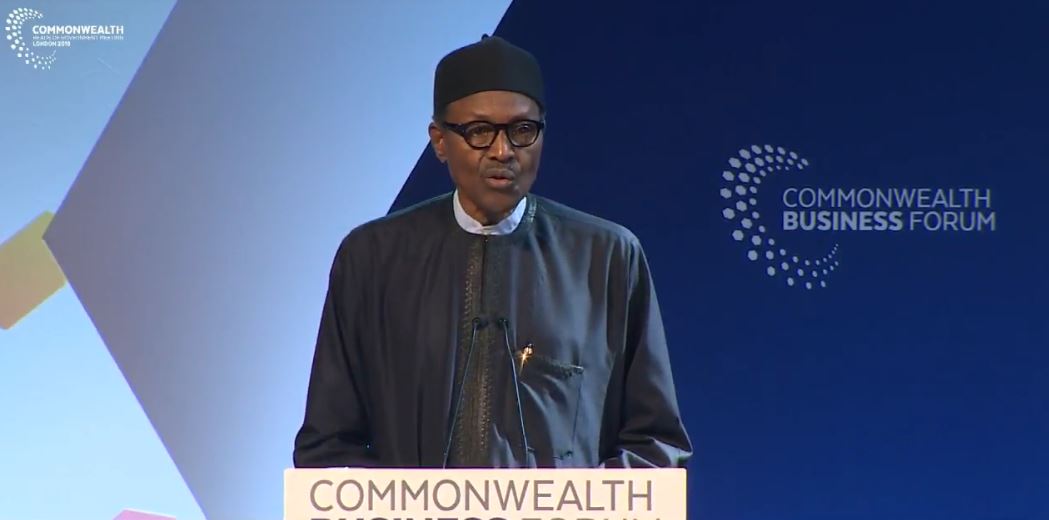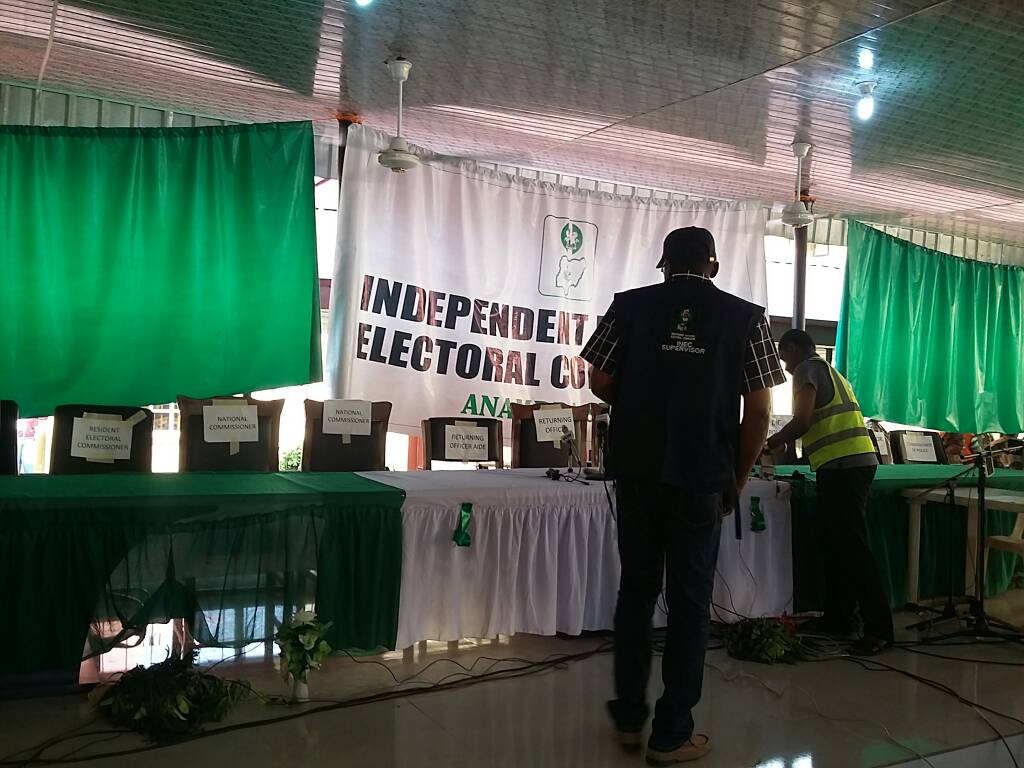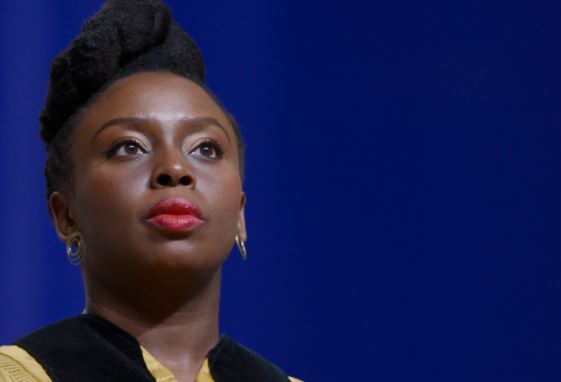Long before the emergence of Al-Qaeda or its forerunners, there existed tiny creatures terrorising the whole of Africa and some other parts of the world: mosquitoes. Those who declared a “war on terror” 16 years ago didn’t regard them as the enemy, though the WHO, UNICEF and national health programmes like “Roll Back Malaria” have specifically targeted mosquitoes.
It’s been a lost war – Anopheles mosquitoes, the avowed carriers of malaria, have continued their rampage of human destruction especially in tropical Africa. Available statistics show that about 90% of all new cases of, and 90% deaths from, malaria occur in sub-Saharan Africa.
While the health authorities have battled several diseases to a standstill in the past century or two, they have not succeeded in reining malaria in. And I wonder why. Is it because the victims are mainly in the “Dark Continent” and some people in the West worry about “population explosion” here? If Europeans or Americans were to exchange locations with Africans, it’s likely mosquitoes would be eliminated faster.
Sub-Saharan Africa is probably the hellfire that most religions talk about. Its temperate climate and poor living conditions provide the right environment for mosquitoes to thrive on. The typical village hut lacks windows and ceilings. It has no nets or repellents to ward off mosquitoes. Bushes surround the “home”. Villagers store water in open pots.
Advertisement
In slums found in most African cities, the conditions are even more welcoming to mosquitoes. There are no drainage channels – gutters reek of human waste. Residents don’t enjoy the luxury of fresh air, as houses (or huts) are congested. On most nights heat is suffocating inside. If you attempted to avoid the heat by going outside, mosquitoes would invade you. If you ran back inside, you won’t sleep: heat and mosquitoes would combine to feast on you. There is no hiding place!
Many of us in Africa lived or live in either a village or urban slum or both. Some of us have since escaped, but mosquitoes are still pursuing us. Window nets, door nets and even insecticide-treated bed nets fail to halt the tiny but dangerous creatures.
Mosquitoes don’t survive in places with extremely cold weather (during winter or spring, for instance), thus sparing the West. Due to climate change, however, it’s feared they might begin making inroads into Europe! When the colonisers lived here in the 19th and early 20th century, malaria killed many of them. Some Christian missionaries who came earlier also succumbed to mosquitoes’ attacks.
Advertisement
Before Nigeria’s independence in 1960, I gathered, health officials were seen spreading aerosol or other pesticides on gutters, bushes and everywhere else mosquitoes could hide and breed. My age mates never saw them. The health officials we know work in offices.
All the billion-dollar anti-malarial medicines shipped to Africa annually don’t seem to have even scratched the surface of our problem. The claim that the incidence of malaria has been decreasing rather than increasing is suspect. Hardly a month passes by without one or two members of almost every family in my country coming down with malaria.
Mosquitoes have been a formidable enemy, yet it’s possible to conquer them with greater commitment. A mosquito’s lifespan is not more than 10 days for males and two months for the more deadly females. Coordinated attacks from us humans can therefore make conditions very difficult for them. Are there no other pests that feed on mosquitoes at their egg, larval, pupal and adult stages that could be set after them? Fishes eat them, and that, I think, is the reason they don’t survive inside rivers and oceans but at their banks.
On occasion we hear of aid worth millions of pounds and billions of dollars. I don’t know where they spend the money. The latest, announced last week, came during the Commonwealth Heads of Government meeting in London. The UK’s International Development Secretary Penny Mordaunt announced a £100 million fund to be matched pound for pound by the private sector, which will be used “to support Global Fund work in priority countries with mosquito nets, indoor sprays and the strengthening of health systems”. The aid is in line with the UK’s pledge, in 2016, to spend £500m a year for fighting malaria until March 2021.
Advertisement
Is it not said that prevention is better than cure? Our governments have failed us immeasurably, but primary health care is still what we should take more seriously. A better way to help us in sub-Saharan Africa is investing the millions of dollars we hear on radio and television on environmental sanitation and public enlightenment. Jingles, for instance, should encourage us to unblock drainage channels, treat water ponds or stagnant water with oils or disinfectants, clear bushes, live in houses with mosquito nets, attack mosquitoes physically (with brooms), and process and use herbal drugs to treat malaria.
Such remedies are more effective than all the toxic repellents people buy to spray in their homes. Mosquito coils too are less useful. And who knows, we might have been poisoning ourselves with many toxic substances including anti-malarial medicines sent to Africa from all corners of the globe. I’m not even talking about fake or substandard drugs; genuine ones have side-effects too.
The poor can’t afford repellents every night and many don’t see the insecticide-treated nets “donated” to them. And the rich can’t keep their air conditioners working every day and night in a bid to keep mosquitoes at bay. For everyone, treatments for malaria have come at a huge cost. Each time I or any member of my family visits a hospital to be treated for malaria, we part with N10, 000 or more. That takes care of the doctor’s consultation fee, lab tests and the relevant medications that almost always include an antibiotic for the treatment of possible typhoid fever at the same time.
Since most families can no longer find enough food to eat, it’s not strange that many opt for self-medication. Those who can afford it buy an anti-malarial with N1, 000 or less; those who can’t hunt fordogon yaro and other leaves in the bush. It’s unfortunate that malaria attacks poor families more often than it does the rich ones.
Advertisement
We don’t need any validation from medics to know that herbal medicines are efficacious. I’m a living witness to how extracts from herbs can send malaria packing within a few minutes. I agree there is a problem in determining the quantity to be taken, but why can’t African scientists or pharmacists tell us the standard all this while? Herbs may have side-effects, but so do orthodox anti-malarial drugs.
Man-hours and incomes lost to malaria are enough to banish poverty or at least improve living standards in Africa. I have little doubt that mosquitoes with their malaria infections have been undermining our economic growth much more than all other terrorists put together.
Advertisement
Nwamu is the CEO of Eyeway.ng
+234-8054100220 (SMS/WhatsApp only)
Advertisement
Views expressed by contributors are strictly personal and not of TheCable.







